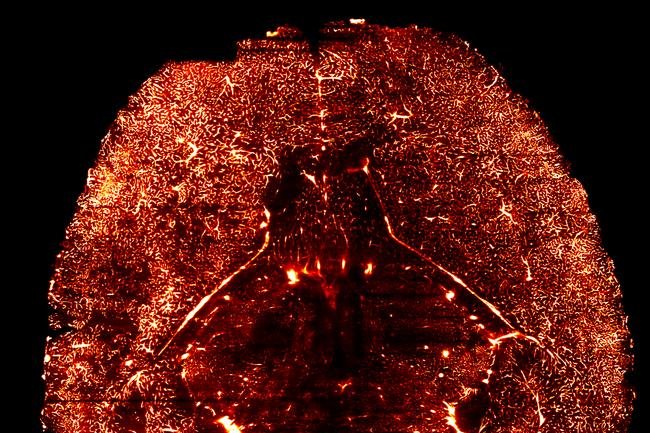LONDON, Nov. 9 (UPI) -- Blood vessels are capable of increasing the amount of neural stem cells, scientists at University College London found.
In a study published in Proceedings of the National Academy of Sciences, a research team analyzed neural stem cell behavior using a mouse model. The study's authors say their latest revelations have strong implications for stem cell therapies targeting the nervous system.















